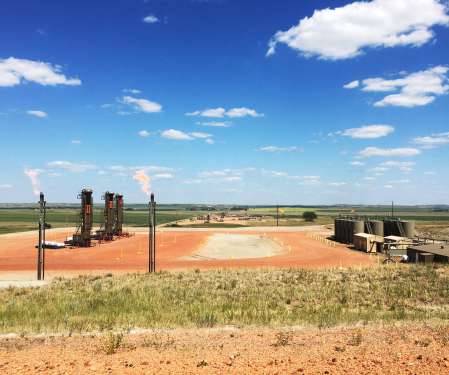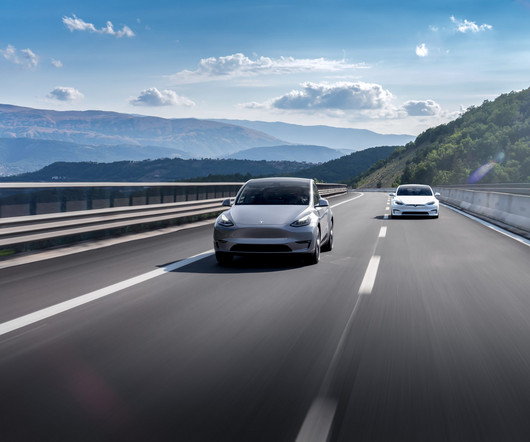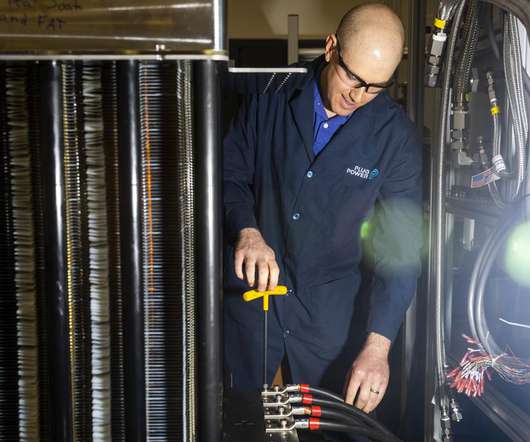Study: annual climate impact of wild pigs could be greater than 1.1M cars
Green Car Congress
JULY 20, 2021
By uprooting carbon trapped in soil, wild pigs (feral swine), are releasing around 4.9 million metric tonnes of carbon dioxide annually across the globe, the equivalent of 1.1 million cars, according to a new study by an international team led by researchers from The University of Queensland and The University of Canterbury.













































Let's personalize your content